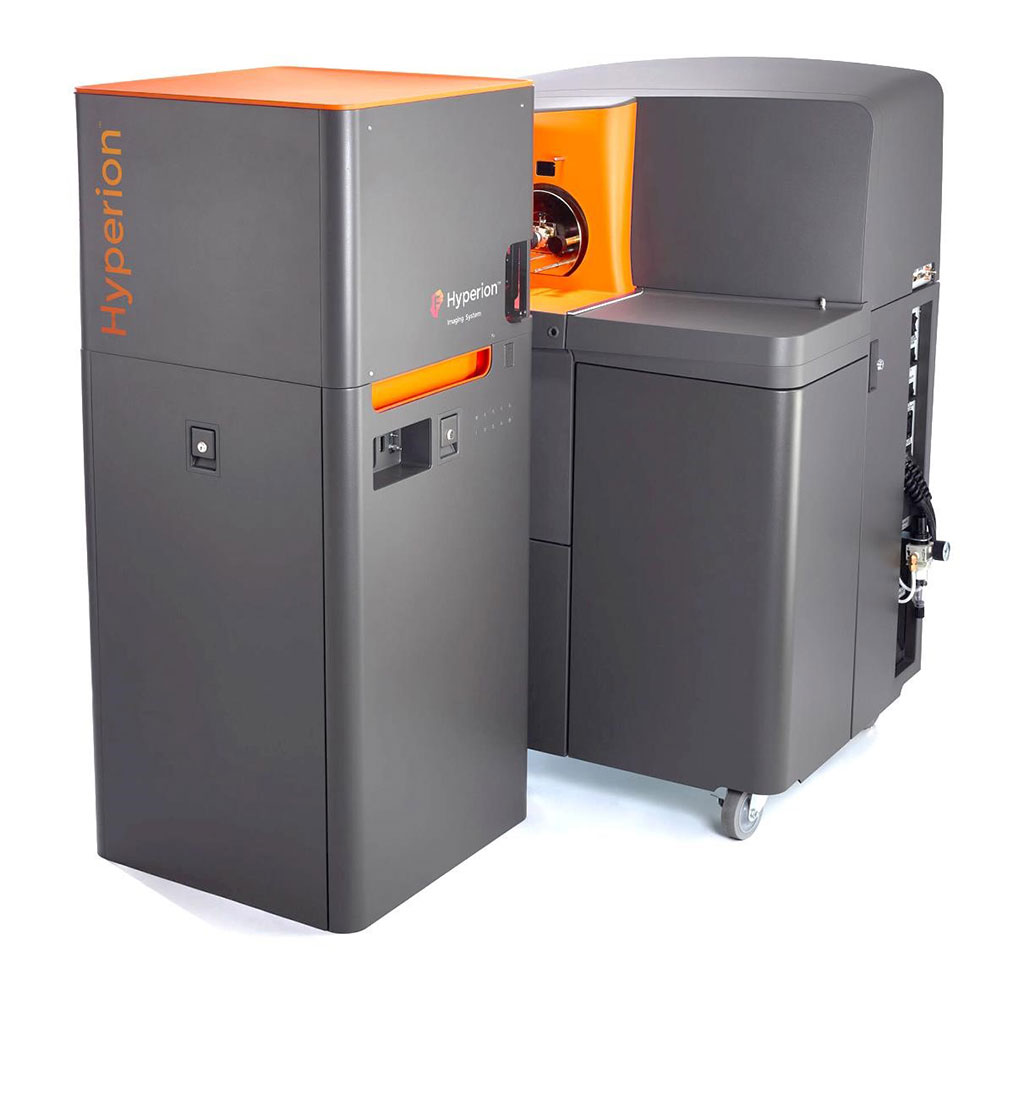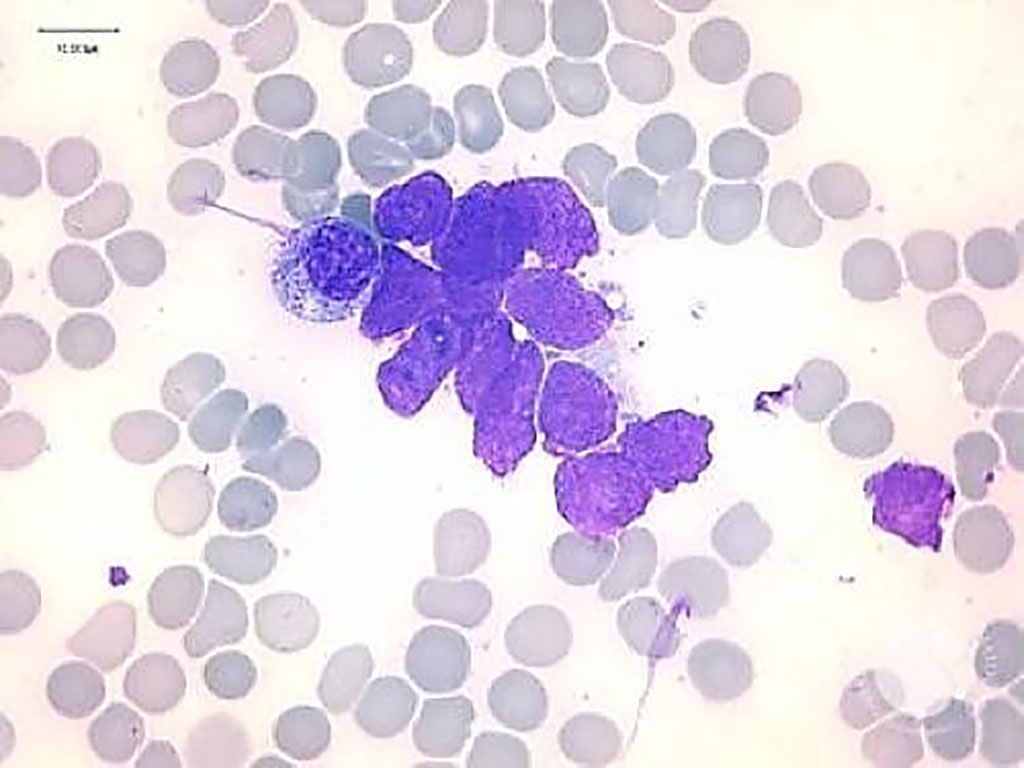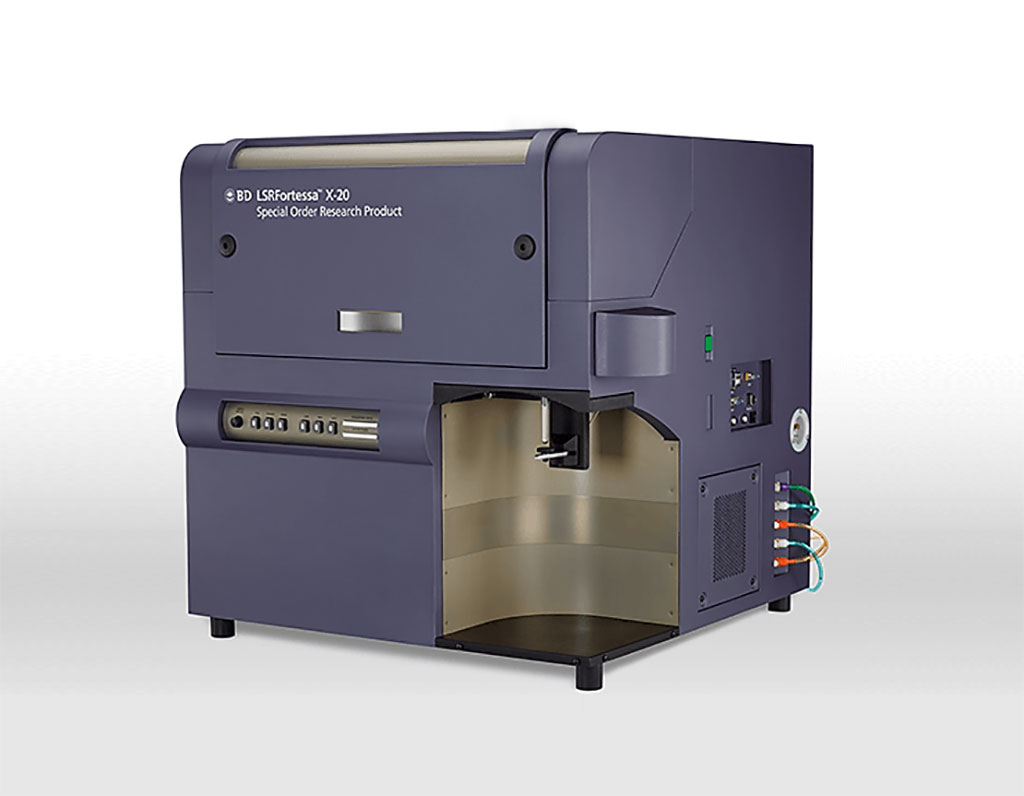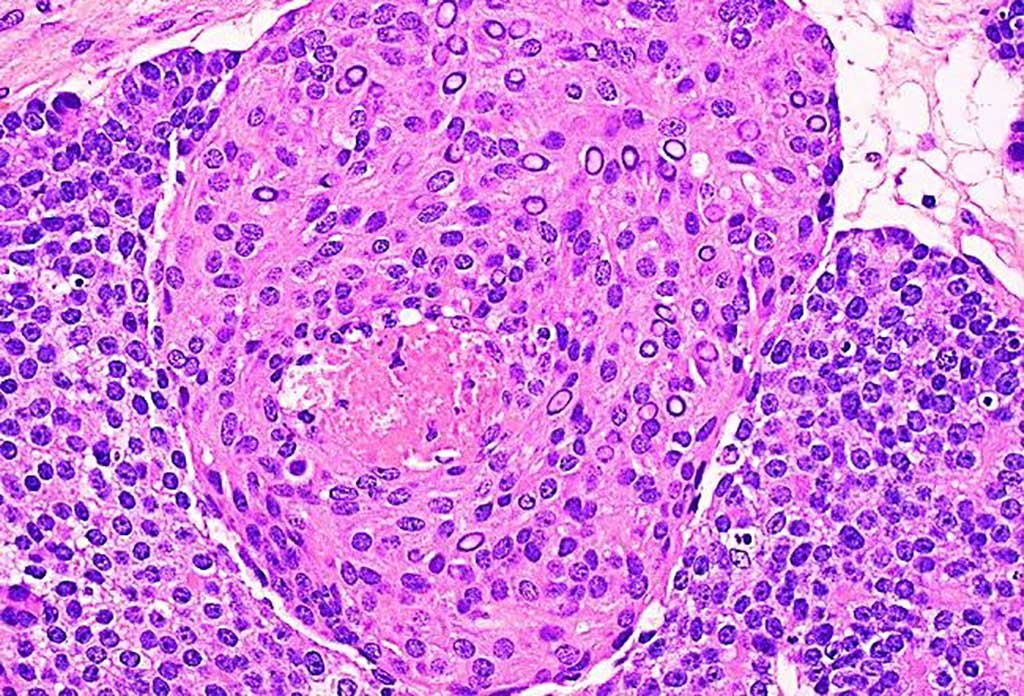Pathology

Spatial Landscape of Lung Pathology Investigated During COVID-19 Progression
Early histopathological changes of viral pneumonias are rarely observed because histopathological examination is not necessary for diagnosis, but late stage changes in viral pneumonias are well defined, most commonly in autopsy series. More...13 Apr 2021

Leukocyte Epigenomics and Artificial Intelligence Predict Late-Onset Alzheimer’s Disease
Alzheimer’s Disease (AD) is the most common form of age-related dementia, accounting for 60%–80% of such cases. The disorder causes a wide range of significant mental and physical disabilities, with profound behavioral changes and progressive impairment of social skills. More...12 Apr 2021

Single-Cell Transcriptomic Analysis Traces Neuroblastomas to Developing Adrenal Neuroblasts
Neuroblastoma is the most common cancer in infants and the third-most common cancer in children after leukemia and brain cancer. Approximately one in every 7,000 children is affected at some time and about 90% of cases occur in children less than five years old, and it is rare in adults. More...07 Apr 2021

Whole-Genome Sequencing Aids Rare Disease Diagnosis
Diagnostics of genetic diseases are currently being revolutionized, due to breakthroughs in sequencing technology and data analysis. The potential to transform clinical medicine using genomics is high, especially within the realm of rare diseases. More...01 Apr 2021

Calcitonin and Procalcitonin Immunoassays Investigated for Medullary Thyroid Carcinoma
Medullary thyroid carcinoma (MTC) is caused by a malignant transformation in the parafollicular C-cells of the thyroid, where calcitonin (CT) is released. Nowadays, CT is the main tumor marker used in the diagnosis and follow-up of MTC patients. More...23 Mar 2021

Immune Cells in Cerebrospinal Fluid Predict Response to Immunotherapy
Immune checkpoint inhibitors including anti-PD1, anti-PD-L1, and anti-CTLA4, have shown significant clinical benefits in patients with progressive or metastatic solid tumors, including some brain metastasis. Notably, these immune-based therapies have improved outcomes for some of those suffering from lung cancer and melanoma. More...22 Mar 2021

Pediatric Pancreatic Cancer Diagnosed From cfDNA Fragments in Urine
Although rare, pancreatoblastoma is the most common pancreatic tumor of young children. Carcinoma of acinar cell origin has rarely been reported in older children. Ductal adenocarcinoma and its many variants are the most common pancreatic tumors in adults, but these are exceedingly rare in children. More...17 Mar 2021
In Other News
CSF Biomarker Flags Parkinson's Pathology Much Earlier
Five Genes Help Predict Lewy Body Dementia
Clinical Germline Testing Evaluated for Pediatric Cancer Patients
Genetic Risk of Inflammatory Bowel Disease Appears Distinct in African Americans
ctDNA Provides Prognostic Clues in Advanced BRAF-Mutated Melanoma Cases
22-Gene Genomic Classifier Validated in Recurrent Prostate Cancer Patients
Blood Biomarker Predicts Dementia in Cerebral Small Vessel Disease
Proteogenomic And Metabolomic Studies Characterize Human Glioblastoma
Exome Sequencing Identified Pathogenic Variants in Cerebral Palsy Patients
Biomarkers Evaluate Kidney Injury in Cancer Patients
Biomarker Predicts Pancreatic Cancer Patients’ Response to CD40 Immunotherapy
TAP1 Gene Polymorphisms Associated with Recurrent Respiratory Papillomatosis
Blood Test Detects Early Colorectal Adenomas
Liquid Biopsy Predicts Colon Cancer Relapse Months Earlier
Cell-Free DNA Detects Heart Allograft Acute Rejection
Proinflammatory T Cell Polarization Investigated in Early Knee Osteoarthritis
Alzheimer's Progression Tracked with Blood Biomarkers
Mismatch Repair/Microsatellite Instability Evaluated Using Cytology Effusion Specimens
Metastatic Gastric Cancer Outcomes Informed by Single-Cell Transcriptome Profiles
Alzheimer's Disease Subtypes Proposed from Brain Gene Expression Profiles
Common Brain Malformation Traced to Its Genetic Roots
Combination Urinary Biomarker Panel Detects Pancreatic Cancer Earlier
Multiplex Bead-Based Immunoassay Validated for Non-Invasive Bladder Cancer Detection
The Pathology channel details advances in the field of Surgical Pathology and all its subspecialties, including Cytopathology and its subspecialties.










